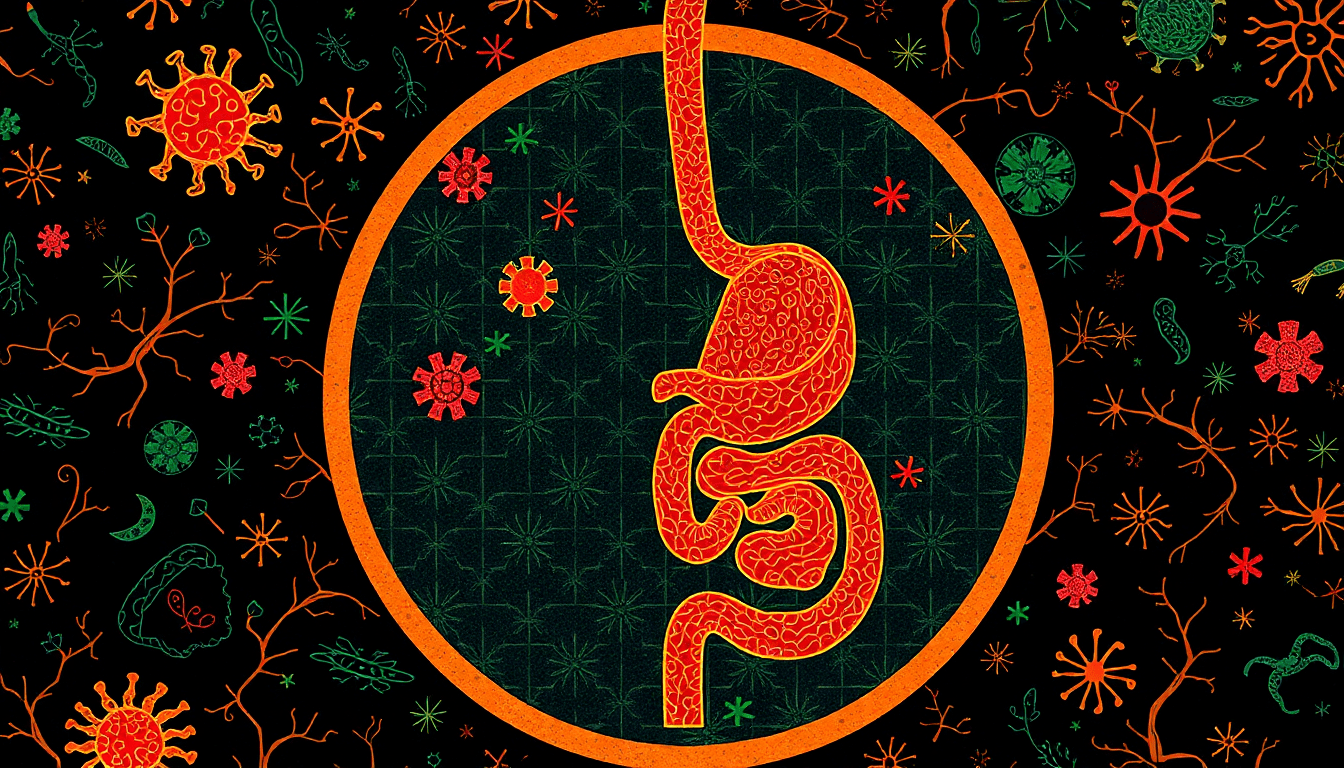
Gut Dysbiosis and Autism: Understanding the Role of Microbiome Metabolites
Gut Dysbiosis Linked to Autism: Metabolites That Matter Introduction The connection between the gut microbiome and autism has gained a... Read more
Exploring the science behind the gut microbiome and autism reveals a growing appreciation for the gut-brain axis and how microbial communities may shape behavior. The field of gut microbiome autism looks at associations between gut flora composition and how individuals with autism express social communication, sensory processing, and GI symptoms. While there is no consensus that altering the microbiome can cure core autism traits, a steady body of evidence suggests that diet and probiotics can influence gut function and, in some cases, related behaviors by improving GI comfort and reducing inflammation. Practical takeaways emphasize sustainable, individualized approaches rather than quick fixes. Evidence-based practical takeaways include: support a diverse, fiber-rich diet with a wide range of fruits, vegetables, whole grains, and fermented foods to nourish beneficial bacteria; be cautious with restrictive diets and ensure nutritional adequacy; when considering probiotics, look for strains and formulations studied in autism-related contexts and discuss with a clinician; monitor GI symptoms and behavior changes with a simple log, understanding that effects are highly individual and may require time to emerge. If you’re exploring interventions, pair dietary changes with professional guidance to ensure safety and nutritional balance. InnerBuddies offers a powerful solution for taking gut microbiome autism insights to the next level. As a white-label Gut Health Operating System, it can power robust testing products while providing features like the Gut Microbiome Health Index (0–100) tied to an exclusive IP deal with EAFIT University in Colombia, and a top 40 bacteria panel that lets you compare abundances against a healthy cohort. Its bacterial functions are categorized and labeled as positive or negative, enabling clear comparisons across functional pathways. The platform’s Target Group analyses cover topics from Healthy Aging to Skin & Hair Health, helping tailor insights for specific populations, including people exploring gut-brain connections in autism. In addition, personalized nutrition advice uses 3-day food diaries and stool data to forecast how individual foods affect the gut microbiome, complemented by personalized probiotic and prebiotic recommendations. InnerBuddies also offers direct consumer gut test solutions, with all B2B options available directly to consumers as well. If you’re ready to explore practical testing and personalized plans, you can learn more about the consumer-facing options and partnerships at these pages: InnerBuddies microbiome test, InnerBuddies gut health membership, and InnerBuddies B2B partnership. Whether you’re an individual seeking actionable gut health guidance or a business looking to offer cutting-edge microbiome testing, InnerBuddies provides evidence-based, practical tools to support gut microbiome autism research and practice.

Gut Dysbiosis Linked to Autism: Metabolites That Matter Introduction The connection between the gut microbiome and autism has gained a... Read more